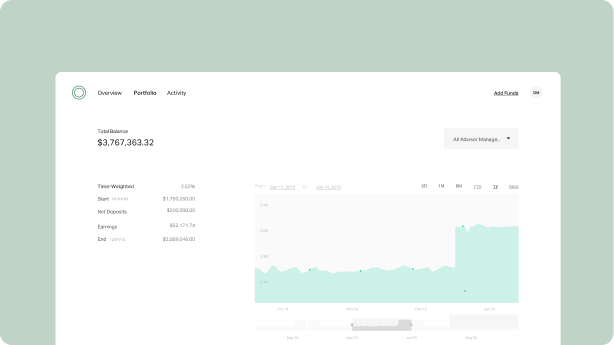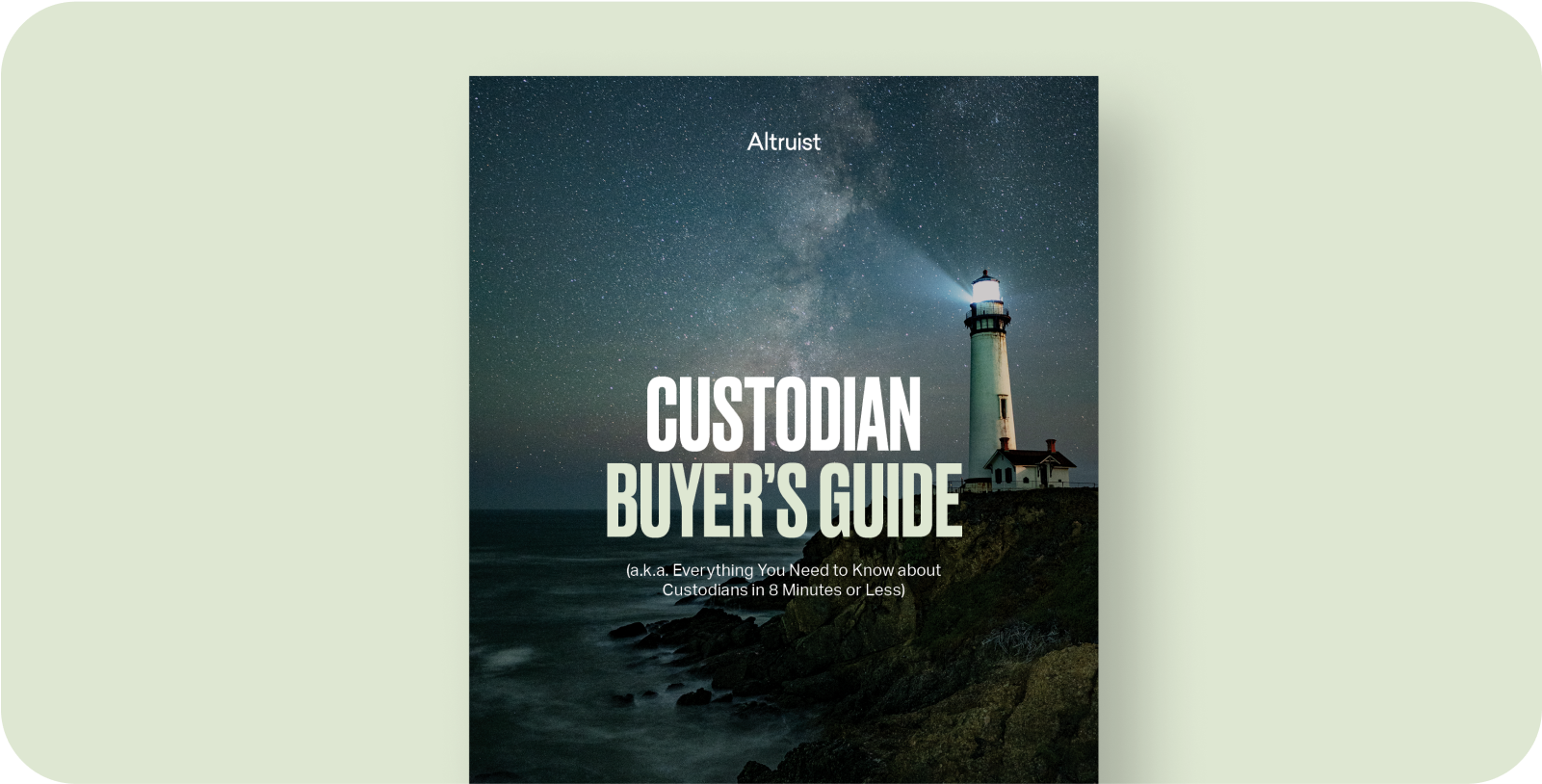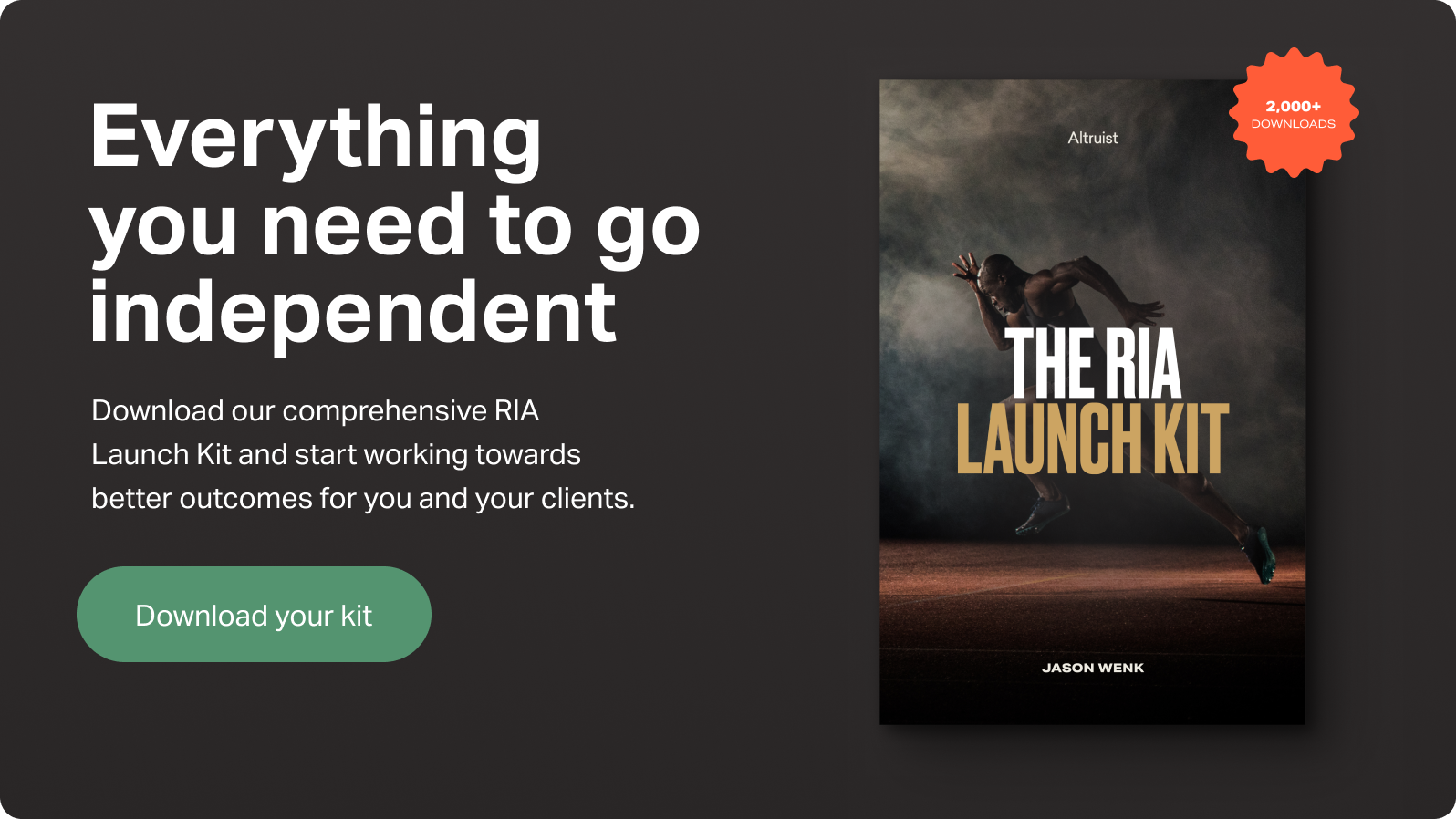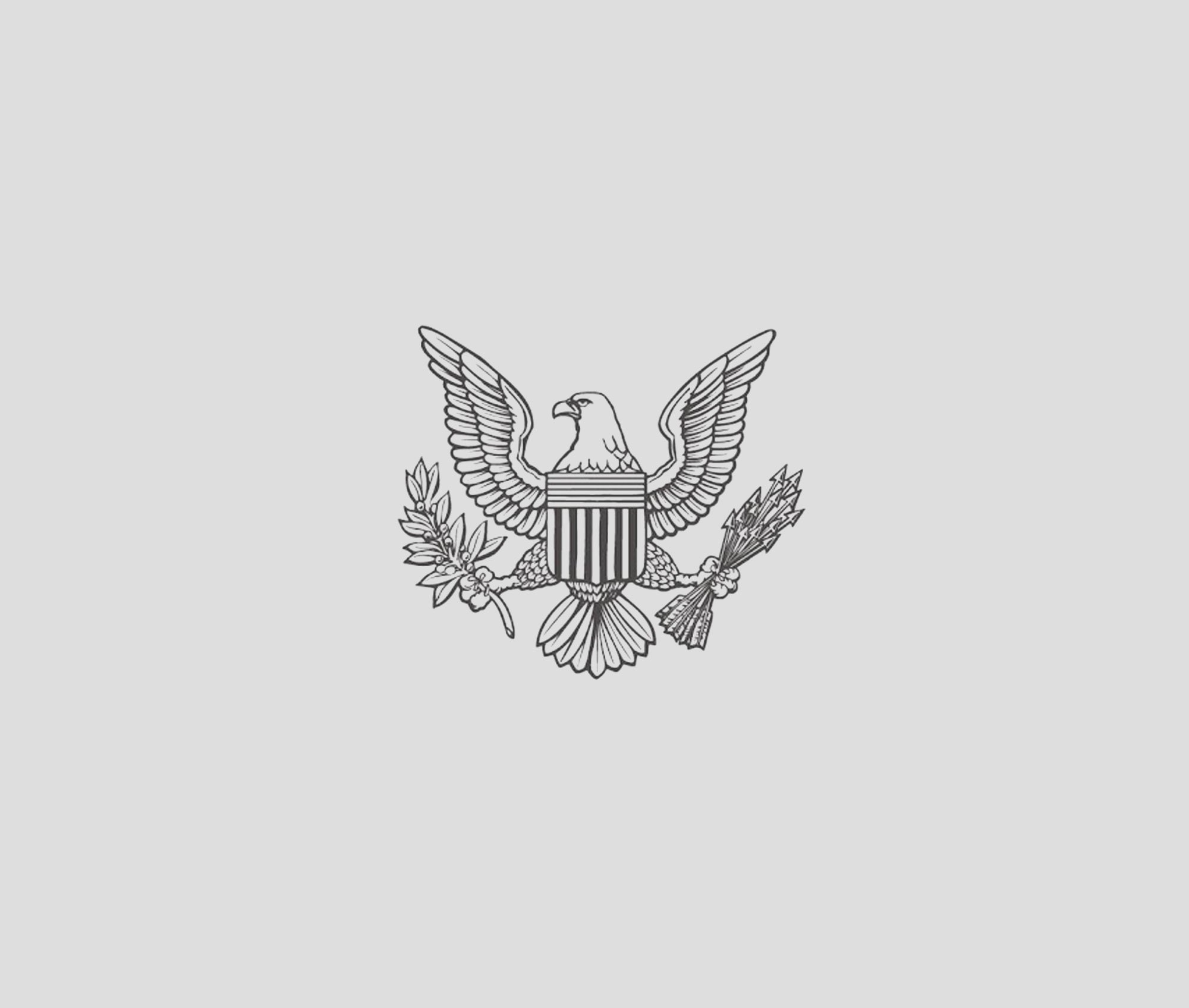If you’re thinking about starting an RIA, you might wonder, “when must an RIA register with the SEC?” Generally, an RIA with or expecting to reach $100 million or greater in AUM within 120 of registration should register with the SEC as an RIA.
You’ll want to hire someone with a proven record of keeping the SEC happy. Unless you’re establishing an RIA with more than $350 million in AUM, a full-time CCO probably doesn’t make sense. You’ll probably need part-time support.
Key Takeaways from this article
- Hiring a compliance consultant is well worth the expense for an RIA, given the complexity of registration, filings, policies, and ongoing requirements.
- Hiring the right consultant means coming armed with the right questions — covering the basics, asking about their book of business, and understanding if they’ll be a cultural fit for your firm.
- Many of the advisors on the Altruist platform have had success with AdvisorAssist and RIA-in-a-box (on average, you can expect to pay about $4k).
Most advisors will hire a consultant
AdvisorAssist and RIA-In-A-Box have some solidly priced services and have helped many of our customers make the move. But what makes this particular expense worth it?
Consider the alternative: forgetting a simple ADV update or not pre-clearing a routine trade could result in a fine, a costly deficiency letter, or an event you’ll forever need to disclose to every client. Some consultants will promise the world, charge a fortune, and only give you off-the-shelf templated documents. It’s easy to get caught up in their sales pitch if you’re unfamiliar with the requirements. At a minimum, you’ll need the following:
- FINRA entitlement
- Form ADV filing
- Form U4
- Investment Management Agreement
- Privacy Policy
- Compliance Manual & Code of Ethics
- Business Continuity Plan
- Information Security Policy
- Social Media Archiving
Again, these are the absolute minimum documents you need.

Depending on the type of securities you’re trading for your clients and your portfolio management strategies, you could need a dozen other policies and procedures and a robust compliance monitoring program.
Hiring a quality, cost-effective consultant will be vital to ensuring you satisfy your regulatory obligations, so when the SEC or your state securities regulator visits, you’ll make it through the exam unscathed. How should you prepare for that? Like hiring an employee, you’ll want to have your interview questions dialed in.
Questions to ask before hiring a compliance consultant:
1. Cover the basics
It’s important to ask questions like:
- How long have you been working in compliance?
- What positions have you held?
- Have you previously worked at a regulatory agency?
These questions aim to uncover the type of experience this person has and whether or not it lines up with the kind of compliance consulting you need.
2. Asking about their book of business
Make sure this person has the consulting background and experience you are looking for. Depending on your niche or approach, finding a consultant or service specializing in compliance matters for firms of a similar size and registration type may also be valuable.
A compliance consultant who primarily works with broker-dealers is probably not the best fit for state-registered fee-only firms. In this scenario, it’s likely that most of the resources the consultant reinvests in their own business will be geared towards FINRA-registered broker-dealers, leaving a smaller allocation for the remainder of their clients.
3. Determine cultural fit
As with any new addition to your team, the compliance consultant you’re looking to hire or contract should be a good cultural fit. The person should mesh well with you when it comes to soft skills like communication styles, client or internal interactions, and relationship building.
For example, perhaps you may have pinpointed a sharp compliance specialist who boasts a great resume but has a greater appetite for risk than you are comfortable with. Ensuring your risk profile aligns with your compliance professional can also be part of a culture fit exercise.
At the end of the day...
Since compliance touches virtually every aspect of your business, having the right person in this role is critical when you decide to take the leap. Definitely take your time and find the right fit. And in case you missed it, be sure to catch up on the previous articles in the series:
- Going Independent: A series dedicated to starting your own RIA
- Going Independent: A guided checklist to forming your own RIA
- Going Independent: Choosing the best custodian for your RIA
- Going Independent: Let's get back to the (business) basics
- Going Independent: 6 mistakes advisors make on their Form ADV
- Going Independent: Registering your RIA with your state (or SEC)
- Going Independent: What does it cost to start your own RIA?
- Going Independent: How to transition clients to your new firm
About Altruist
With Altruist, you can seamlessly transition to a custodial platform built for RIAs. Simplify your tech stack, reduce overhead, delight your clients, and grow your business. True independence awaits. Talk with one of our transitional specialists now.











